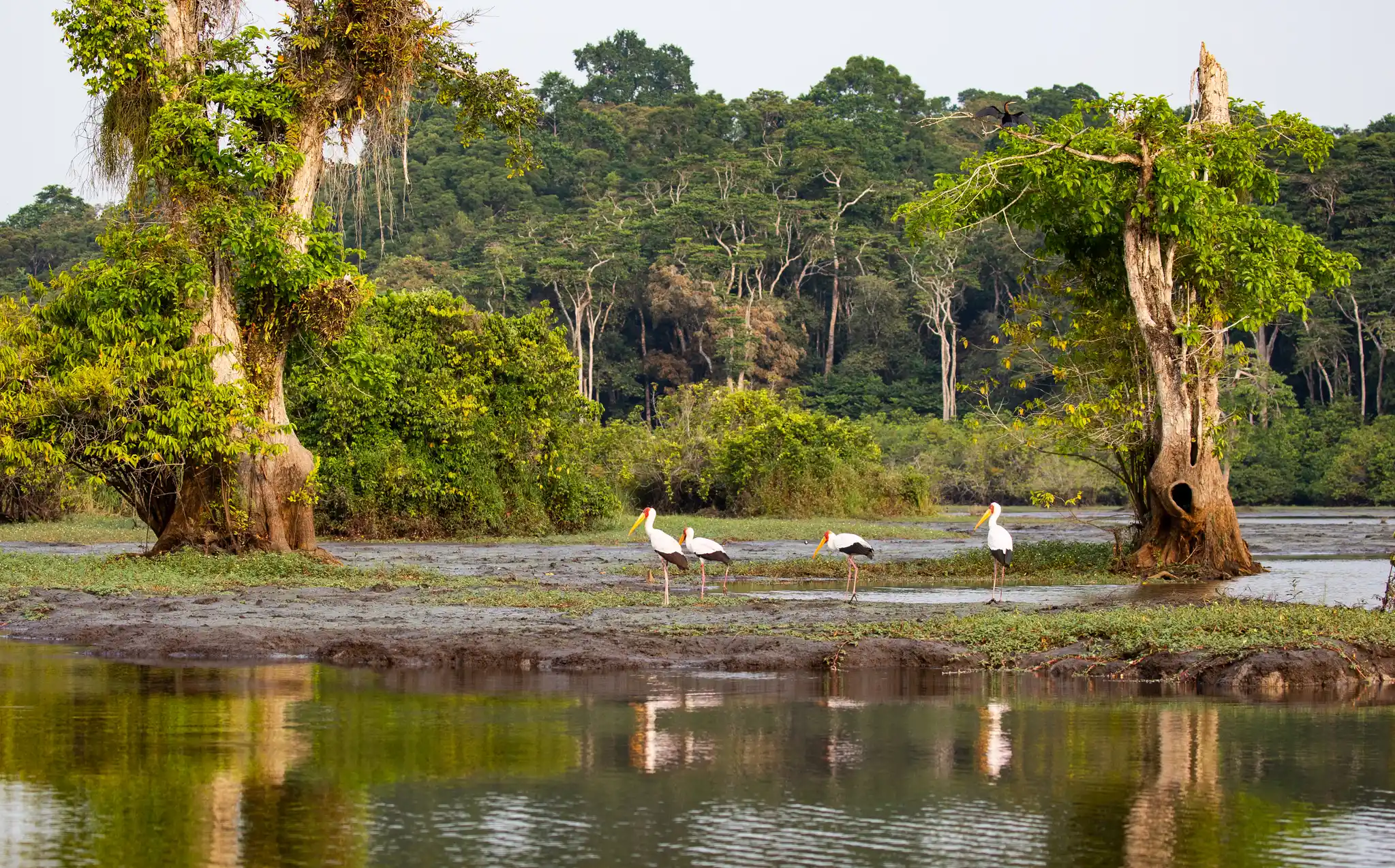
Gabon’s national wealth soared to an estimated $105 billion (63,000 billion FCFA) in 2020, marking a 35% increase since 1995, according to recent data from the World Bank.
This growth reflects an average annual rise of 1.4%, underscoring the Central African nation’s expanding economic potential over the past quarter-century.
The World Bank’s report reveals that Gabon’s wealth is predominantly composed of natural capital, which accounts for 42% of the total.
Human capital follows at 31%, with physical capital making up the remaining 27%. The natural assets include both renewable resources like forests and non-renewable ones such as hydrocarbons, both of which have played pivotal roles in the country’s wealth accumulation.
Between 1995 and 2020, Gabon’s renewable natural assets increased modestly by 2%, while its non-renewable natural capital surged by 39%.
Physical capital—the infrastructure and machinery that support economic activity—rose sharply by 85%, and human capital, representing the skills and education of the population, impressively grew by 207%.
The World Bank highlights the period between 2009 and 2016, when an oil boom facilitated significant investments in infrastructure and social sectors.
“At the same time, Gabon has experienced a sharp increase in non-renewable natural wealth, thanks to vast hydrocarbon reserves, which peaked at around 380 million tonnes in the 1990s,” the report states.
Conservation efforts have also enhanced the value of Gabon’s forests, fostering a sustainable timber industry.
However, despite these gains, the World Bank points to a troubling trend: Gabon’s wealth per capita fell by nearly 35% from 1995 to 2020, declining at an average rate of 1.39% annually.
This drop signals challenges in translating abundant natural resources into improved productivity and human development, underscoring persistent structural issues in the economy.
As Gabon looks ahead, balancing resource wealth with inclusive growth remains a critical priority for sustainable prosperity.



